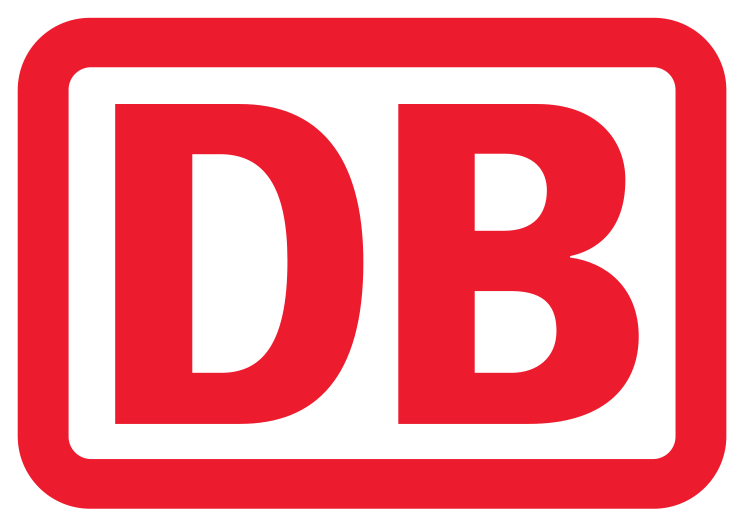IFRS Advanced
In-depth know-how in international accounting

Contents
Overview of the IASB's current standards and interpretations
Intangible assets
- Accounting for intangible assets and deferral problems.
- Impairment test and unscheduled amortization of brands and goodwill.
- Practical problems in determining free cash flows and WACC, differences between value in use and net realizable value, pitfalls.
Property, plant and equipment
- Acquisition costs in accordance with IAS 16, disclosure, initial measurement (AK/HK), restoration obligations.
- Component approach, consequences for the balance sheet and scheduled depreciation.
- Leasing regulations in accordance with IFRS 16.
Investment properties
- Delimitation and classification.
- Fair value and cost model.
Revenue recognition
- Systematic presentation of IFRS 15.
- Individual cases of revenue recognition.
- Problem cases, delimitation of contingent receivables.
- Differences to the commercial and tax balance sheet (deferred taxes).
Inventories and construction contracts
- Acquisition and production costs for inventories.
- Differences to the HGB according to the amended IDW opinion.
- Capitalization of overheads, revenue recognition on the sale of goods and products.
- (Customer-specific) contract manufacturing: Revenue recognition in accordance with IFRS 15.
Financial instruments and financial assets
- Measurement categories and their treatment in the income statement.
- Overview of accounting for financial instruments in accordance with IFRS 9 (focus: non-banks).
Disposal of assets and business divisions
- Special rules for balance sheet and income statement disclosure.
- Determination of lowest value/extraordinary depreciation.
Other provisions
- Recognition requirements for provisions, practical problems, current cases.
- Valuation of provisions, new regulations.
- Recognition of changes in provisions in the income statement (cost of sales method, nature of expense method).
- Catalog of provisions: including provisions for litigation risks and damages, provisions for restoration obligations, provisions for onerous contracts, restructuring provisions.
Pension provisions
- Valuation, identification, disclosures.
Deferred taxes and actual taxes
- Concept, disclosure, recognition and calculation of deferred taxes.
- Problem cases with deferred tax assets.
Equity
- Differentiation between equity and debt.
- Preparation of the statement of changes in equity.
Current developments in IFRS
Learning environment
In your online learning environment, you will find useful information, downloads and extra services for this training course once you have registered.
Your benefit
Work through in-depth examples and case studies,
- the differences between HGB and IFRS regulations,
- how the transition from HGB to IFRS accounting is handled in practice and
- which new IFRS regulations will be introduced and what the effects will be.
Gain sound user knowledge at a high level and security for everyday business.
Methods
Presentation, group work, case studies.
We recommend that you bring the latest edition of the official text of the International Financial Reporting Standards.
Recommended for
Employees from finance and accounting, controlling and internal auditing as well as tax consultants, auditors, management consultants and their qualified employees, business analysts.
Further recommendations for "IFRS Advanced"
5268
Start dates and details

Monday, 13.04.2026
09:00 am - 5:00 pm
Tuesday, 14.04.2026
09:00 am - 5:00 pm
Monday, 18.05.2026
09:00 am - 5:00 pm
Tuesday, 19.05.2026
09:00 am - 5:00 pm
- one joint lunch per full seminar day,
- Catering during breaks and
- extensive working documents.

Monday, 14.09.2026
09:00 am - 5:00 pm
Tuesday, 15.09.2026
09:00 am - 5:00 pm
Monday, 23.11.2026
09:00 am - 5:00 pm
Tuesday, 24.11.2026
09:00 am - 5:00 pm
- one joint lunch per full seminar day,
- Catering during breaks and
- extensive working documents.
- one joint lunch per full seminar day,
- Catering during breaks and
- extensive working documents.
 4.7
4.7







